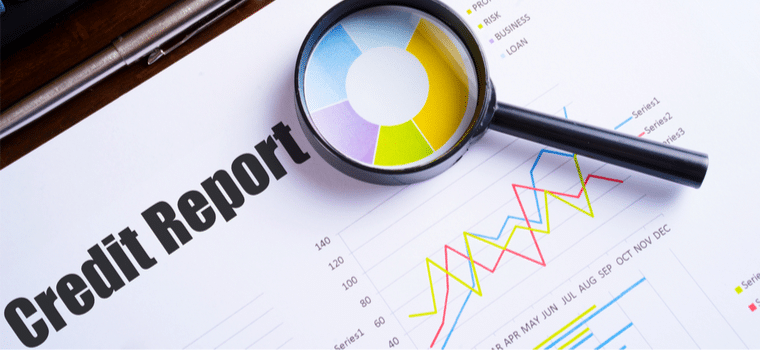Your credit report is one of your most private documents. Not only does is include your valuable account information and credit history, it also contains Personal Identifying Information (PII) such as your name, date of birth, and address history as well as public record information. So who exactly has access to your credit report and what can they see?
The good news is that there are security measures in place to protect the personal and financial information listed on your credit report. The Fair Credit Reporting Act (FCRA) is a federal law that regulates access to your credit report, and it requires that companies must have a legitimate reason for accessing your credit information.
Here’s a rundown of who has access to your credit information and the situations in which they can review it.
Who Can Pull a Copy of My Credit Report?
Lenders pull your credit report when you apply for new credit. The most common types of lenders that request access to your credit report are those offering credit cards, auto loans, mortgages, home equity lines of credit (HELOC) and personal loans.
Potential and current employers may also view your credit report, according to the FCRA, but only if they have your written consent. Unlike lenders who receive a comprehensive version of your credit report, employers receive a slightly abbreviated version. Because of Equal Employment Opportunity laws, most major credit reporting agencies omit information that would violate this act, such as your age, marital status and account numbers.
Hard vs. Soft Inquiries
In order to understand a bit more about how requests for your credit report affect you, it’s helpful to understand the difference between hard and soft inquiries.
If you apply for new credit — such as a credit card, auto loan or mortgage — your potential lender will pull a copy of your credit report, triggering a hard inquiry. Applying for too much credit over a short period of time — triggering many hard inquiries — could reflect negatively on your credit score, and lenders may view you as a higher-risk consumer. It’s worth noting that while hard inquires may initially lower your score, the negative impact lessens over time. A hard inquiry will drop off your credit report completely after two years.
In contrast to hard inquiries — which you initiate when you apply for new credit — soft inquiries are initiated by lenders trying to market certain products, such as pre-approved credit card offers. Soft inquiries are also triggered if you order a copy of your own credit report for personal review. Unlike hard inquiries, soft inquires will not affect your credit score.
While hard inquiries will always be listed on your credit report – soft inquiries are not shown to lenders. Remember, checking your own credit will never hurt your credit score –and neither will a soft inquiry made by anyone else.
Credit Report Errors
To see a list of your hard credit inquiries and to ensure that lenders, creditors and potential employers are getting an accurate snapshot of your credit history, review your credit reports. If you spot an error, whether it’s an inaccurate payment amount or account you didn’t open, file a dispute with the credit reporting agency as soon as possible. You can also contact the creditor of the account.
Regularly monitoring your credit reports is the best way to stay updated about your credit profile — and protect your financial well-being.




